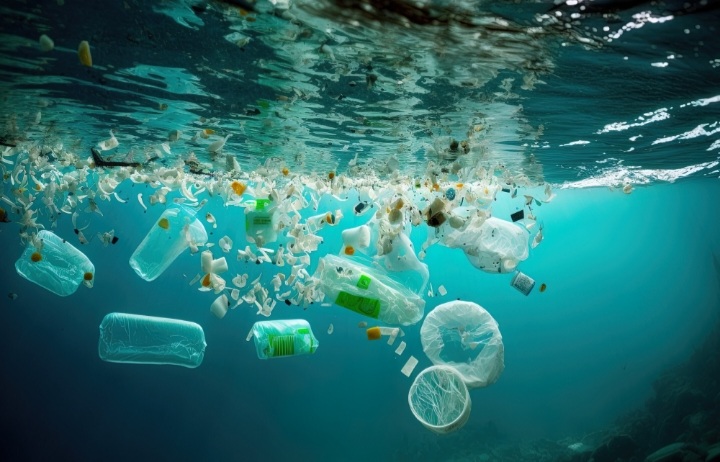Ocean systems threatened by overfishing, pollution, climate change

By Femi Akinola
The world marine environment systems are deteriorating owing to overfishing, pollution, and climate change; research conducted on the impact of the three on the environment systems has shown.
The trio are equally threatening the vibrant habitats, jeopardising social livelihood sources and global environmental health.
For example, the archipelago’s diverse waters of Manila, the capital of the Philippines, were once regarded as home to the world’s richest marine biodiversity. It has long been a paradise for divers and environmentalists.
Manila beaches in the Philippines were previously known for its stunning beaches. But, today, the Phillippines Beach faces a stark reality as its fame has plunged to 214th out of 220 on the last Ocean Health Index (OHI), signalling a decline in marine ecosystem health.
The decline in the Philippines’ ocean health was highlighted in the 2023 Ocean Health Index scores, which placed the country at 214 out of 220 nations, with an overall score of 58 out of 100, significantly below the global average of 73.
According to the OHI website, the index ”measures show how well ocean systems sustainably provide people with the benefits and services they need and desire from marine systems.”
Despite a slight improvement from its lowest score of 56 in 2021, the Philippines ‘s latest result marks a substantial decline from 67 in 2021 and 65 in 2020.
According to the Ocean Health Index, a country’s overall score is determined by averaging 10 ”goal” scores, which reflect the ecological, social and economic benefits expected from healthy oceans. The goals include the following:
*Food provision: measure the amount of seafood sustainably harvested for human consumption
* Artisanal fishing opportunities: measures how easy or hard it is for fish to access ocean resources when they need them
* Natural products: measures how sustainably marine products are harvested compared to a set of target
* Carbon storage reflects the condition of marine habitats, indicating whether they are intact or not
* Coastal protection: evaluates the protection of marine and coastal habitats by comparing their current area to their extent in the recent past
* Livelihoon and economies; measures jobs and revenue from sustainable marine-rel;ated industries
* Tourism and recreation: measures participation in sustainable tourism to the coastal region
* Sense of place: describes the effectiveness of efforts to maintain access to coastal and marine systems that are culturally important to people
*Clean waters: captures the degree to which local waters are unpolluted by human-made causes
* Biodiversity: describes how successfully the richness and variety of marine life are being maintained.
According to OHI, each goal is rated on a scale from 0 to 100 based on how healthy benefits are delivered about a sustainability target. Lower scores suggest either the potential to realise more benefits or that existing practices are compromising the sustainability of future benefits.
.Inquirer
